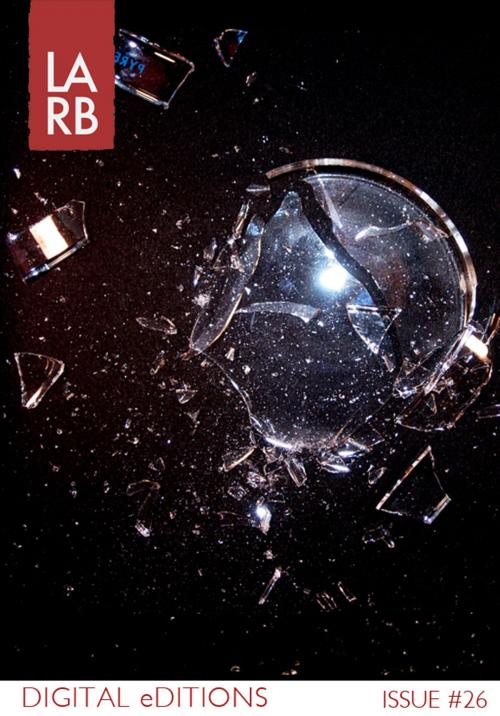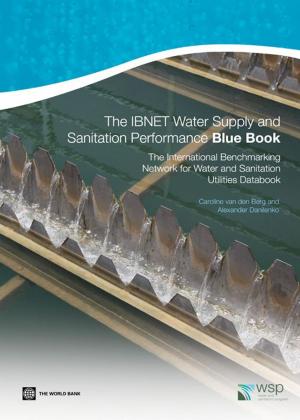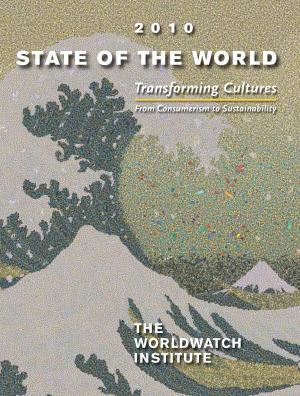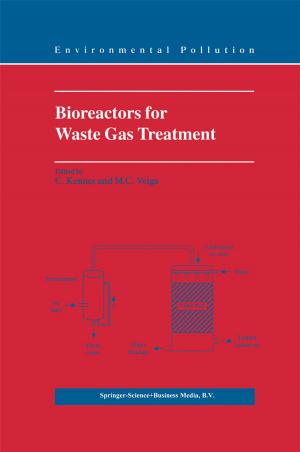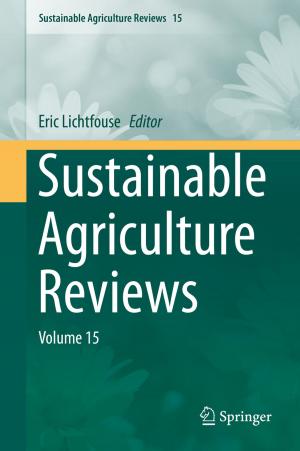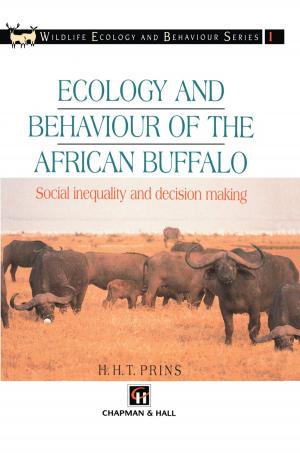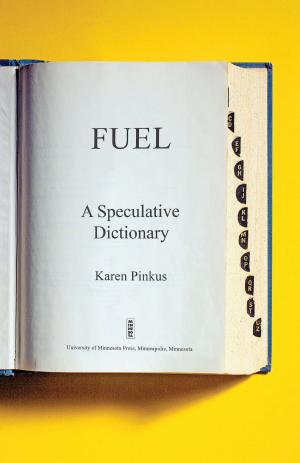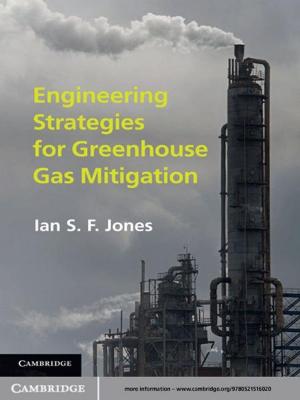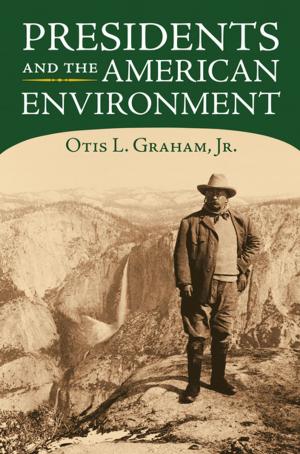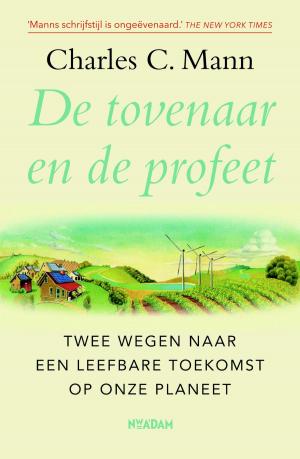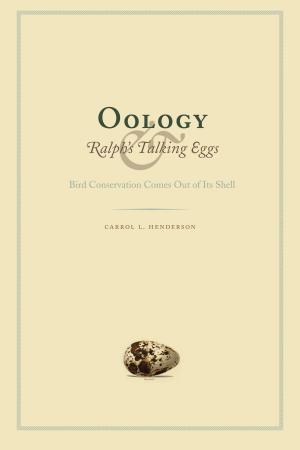LARB Digital Edition: A Legible Science
Nonfiction, Science & Nature, Science, Biological Sciences, Environmental Science| Author: | ISBN: | 9781940660158 | |
| Publisher: | Los Angeles Review of Books | Publication: | August 1, 2014 |
| Imprint: | Los Angeles Review of Books | Language: | English |
| Author: | |
| ISBN: | 9781940660158 |
| Publisher: | Los Angeles Review of Books |
| Publication: | August 1, 2014 |
| Imprint: | Los Angeles Review of Books |
| Language: | English |
We’re all prone to excess, even in discussions of excess, observes biologist and science writer Marlene Zuk. This year has been marked by another rainfall of books about humans destroying the environment in which they evolved, a few about the a priori Darwinian mismatch between humans and their so-called natural” environments, and a great many more about the even greater mismatch between humans and their constructed environments.
This month's Digital Edition gathers some of the best essays and reviews from LARB's Science Section that deal with aspects of the mismatch, and how scientific discoveries and agendas are changing how we think about them. Several also deal with issues of legibility - how science goes about making legible human experience, not to mention environmental impacts. From the exploding fields of neuroscience and genetics to reading the movement of glaciers, this month's selection of articles is the perfect match for readers in search of a legible science.
This month's Digital Edition gathers some of the best essays and reviews from LARB's Science Section that deal with aspects of the mismatch, and how scientific discoveries and agendas are changing how we think about them. Several also deal with issues of legibility - how science goes about making legible human experience, not to mention environmental impacts. From the exploding fields of neuroscience and genetics to reading the movement of glaciers, this month's selection of articles is the perfect match for readers in search of a legible science.
We’re all prone to excess, even in discussions of excess, observes biologist and science writer Marlene Zuk. This year has been marked by another rainfall of books about humans destroying the environment in which they evolved, a few about the a priori Darwinian mismatch between humans and their so-called natural” environments, and a great many more about the even greater mismatch between humans and their constructed environments.
This month's Digital Edition gathers some of the best essays and reviews from LARB's Science Section that deal with aspects of the mismatch, and how scientific discoveries and agendas are changing how we think about them. Several also deal with issues of legibility - how science goes about making legible human experience, not to mention environmental impacts. From the exploding fields of neuroscience and genetics to reading the movement of glaciers, this month's selection of articles is the perfect match for readers in search of a legible science.
This month's Digital Edition gathers some of the best essays and reviews from LARB's Science Section that deal with aspects of the mismatch, and how scientific discoveries and agendas are changing how we think about them. Several also deal with issues of legibility - how science goes about making legible human experience, not to mention environmental impacts. From the exploding fields of neuroscience and genetics to reading the movement of glaciers, this month's selection of articles is the perfect match for readers in search of a legible science.
